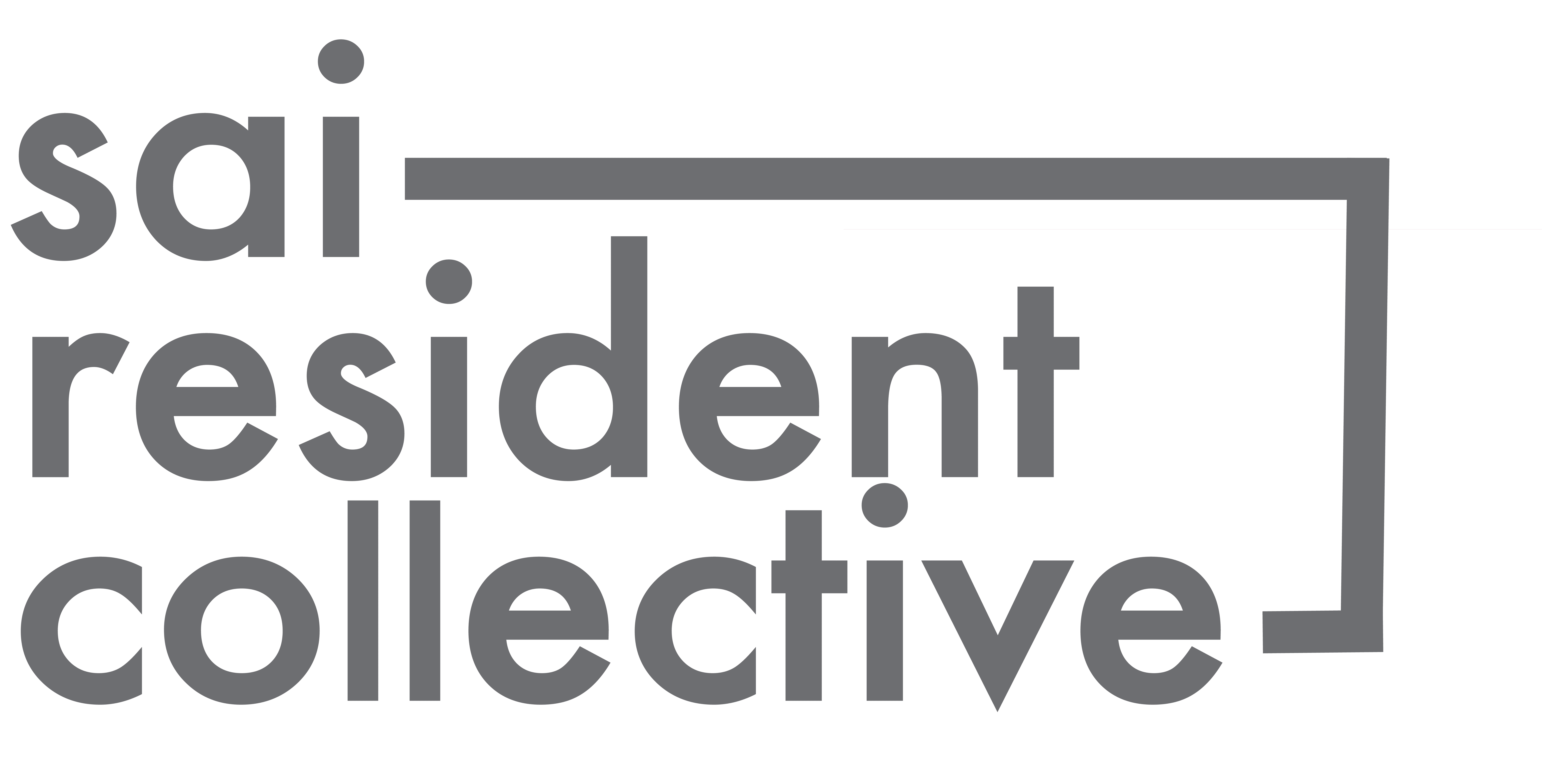The Problem
Often science outreach fails to reach those that need it most. Traditionally, science outreach takes the form of publications, presentations, or events for citizens that seek out these opportunities. In other words, science supporters or enthusiasts. While reaching this population is still incredibly valuable, reaching individuals in society who are not actively seeking out opportunities to engage with scientists or who are under-represented in science is arguably more important if we are to create informed citizens. Our work reaches this audience by taking our event to local classrooms in a school district that is ~50% Hispanic, 10% African American and 3% Asian. In addition, greater than 60% of students qualify for free or reduced lunch in this district. I recently accepted a position at a nearby institution in Kalamazoo, MI. The Kalamazoo school system is 40% African American ~15% Hispanic/Latino and roughly 2% Asian. Over 65% of the students are considered to be economically disadvantaged. My hope is to provide exciting, engaging, and assessable science engagement for underserved populations and populations that are underrepresented in science, through collaboration with area K-12 schools.
Project Goals
Our project’s mission is to engage, excite and inform underrepresented and underserved K-12 students about neuroscience through classroom visits. This will be done by undergraduate and medical student volunteers. This year, our focus will be in Holland, Michigan. However, as we move forward, we hope to engage students in both Holland and Kalamazoo, MI. We have created a curriculum for this event that uses minimal supplies, making it highly cost effective. The primary need is for volunteers. We are thankful that undergraduate and medical students have been eager to help out with over 35 volunteers last year.
Plan for Impact Assessment
We will administer a pre and post-event quiz. Teachers will be asked to administer the quiz prior to our arrival in their classroom. It will consist of 10 multiple choice questions involving the content that will be covered in the event. The same quiz will be given a minimum of two days after the event in an effort to determine whether students have learned new material. By having this done 2-7 days following the event we hope to also determine whether there has been short term retention. As we continue to improve the event, we have begun to consider including qualitative assessment of individual attitudes towards science, as well as enjoyment of the event.
Last year, we visited 16 different classrooms at 7 different schools, within 3 different school districts along with 2 after school program sessions. Through these visits we reached ~400 students from kindergarten through 8th grade. We evaluated 174 students in grades 6-8 through the use of a pre and post-event assessment. Overall scores improved by ~35% in these students.
